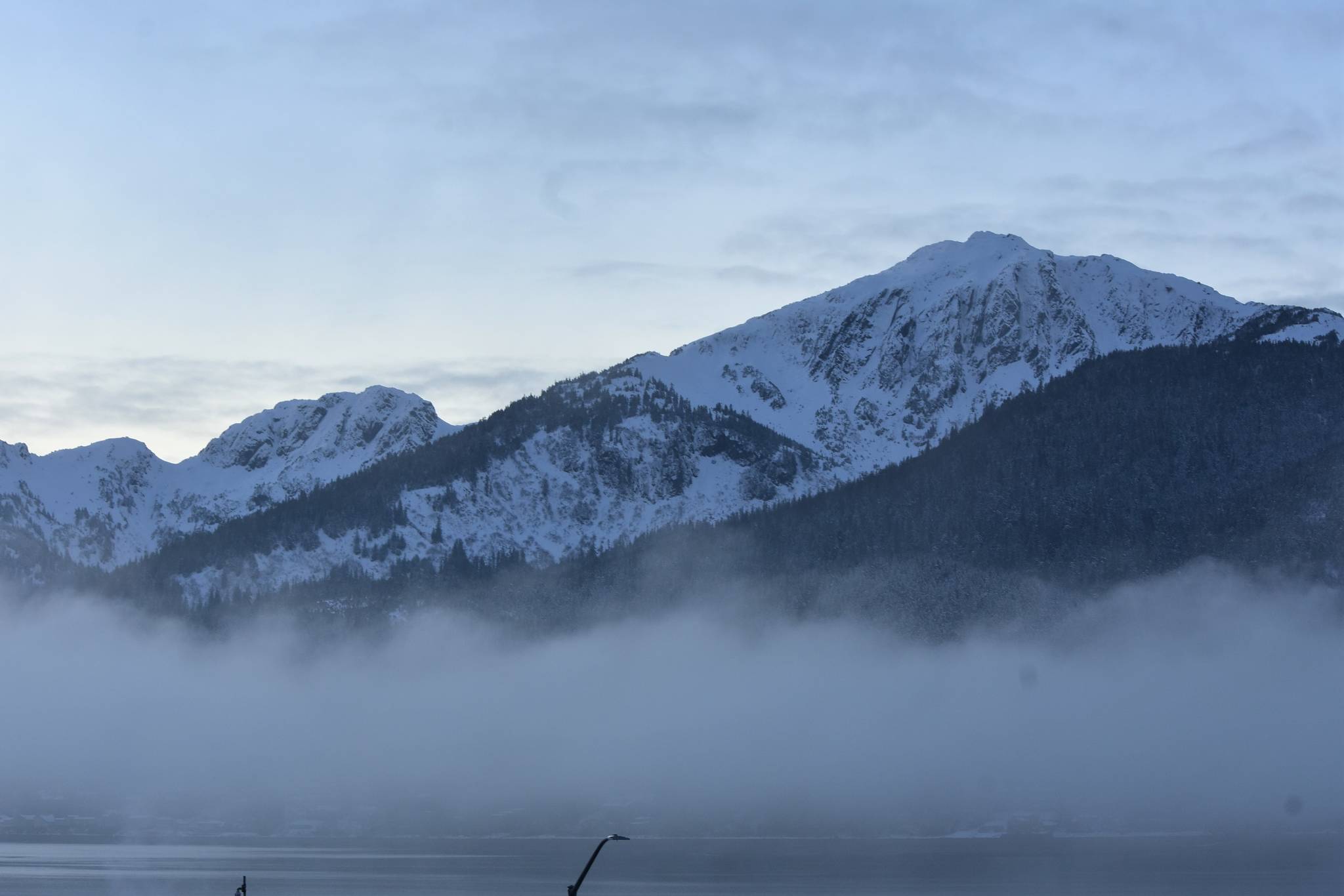By Steve Bowhay
Juneau is a great community with a wide range of viewpoints on everything, we all love the environment, we are conscious about climate change and want to contribute to the solution of lowering carbon dioxide (CO2) levels in the atmosphere. With wildfires burning millions of acres of forest worldwide, the challenge of slowing climate change is becoming increasingly difficult. We need bold new ideas on forest management, they are our only way to slow climate change.
We need to replant the areas that have burned and because of drought we must have irrigated swaths that are a mile wide that that are in a grid pattern a maximum of 10 miles apart in all restoration areas, this will be the way we stop wildfires.
To protect forests that haven’t burned yet, we must have access to the forest, to control CO2 levels we must give up controlled burns as forest management. These roads are the rainwater collection systems corridor, so we can install aquifer recharge wells everywhere, with rising sea levels and sunken aquifers it only makes sense to overfill the aquifers. These same wells would become a source of water for extinguishing wildfires.
These same roads could be used to harvest captured carbon, with underbrush removal, annually, before it burns, and this biomass can be buried in the rock pits dug to build the roads. This would provide many thousands of green jobs and instantly get these burned areas capturing carbon again.
Because the Tongass is not prone to burn does not mean it is immune to destruction from bugs, disease or wind. With roads in all roadless areas, Southeast would be able to enter the carbon capture, forest protection plan. In already logged areas instead of just thinning the little trees, they also would be buried on site sequestering the CO2 for hundreds of years.
This would protect our forest, help lower CO2 levels and provide a new green industry for Southeast, it just doesn’t seem right that we don’t utilize our carbon factory forest more efficiently. Then we would be able to maintain our forest and our Salmon streams and rivers.
If you examine the options available to us to correct CO2 levels in the atmosphere, in the time frame currently being proposed. President Biden described it as 5 years to have 50 % of the autos sold in the U.S. must be electric. We live in the ideal place for EV’s, with great hydro-power and tight community structure and a willingness to do our part. Unfortunately, this is like building a train before you build the railroad, the train may be great, but it isn’t going anywhere without a track.
AEL&P has already installed charging stations around town, and I see them occupied most of the time, I question whether we could build enough new infrastructure to charge 10 thousand cars at the same time here in Juneau, within the next 5 years. I question whether AEL&P could even plan and attain permits to build the necessary infrastructure within the next five years.
When you compare Juneau to other communities in the U.S. that are more spread out, don’t have hydropower, or the willpower to change, you realize while this notion that we lower CO2 levels in the next 5 years with electric vehicles is unrealistic.
The cold fact is we only emit 10% of the CO2 worldwide, not counting the CO2 released from wildfires. So, if we completely stopped emitting tomorrow, we still couldn’t hit the 20% reduction necessary to slow climate change. But we can quickly make a worldwide difference if we learn how to put out wildfires, transport vast quantities of freshwater with pipelines from areas with water to areas with drought. Every decision must be made with climate change in mind, if we are going to build the infrastructure necessary to preserve the future, it is going to take everything we have. We must work together and use the tools we have right now. Fossil fuel is the power source we must use to build roads and pipelines, let’s build the tracks, while we build the EV train, then show the world how it’s done.
• Steve Bowhay is owner Glacier Gardens family of businesses. Columns, My Turns and Letters to the Editor represent the view of the author, not the view of the Juneau Empire. Have something to say? Here’s how to submit a My Turn or letter.

